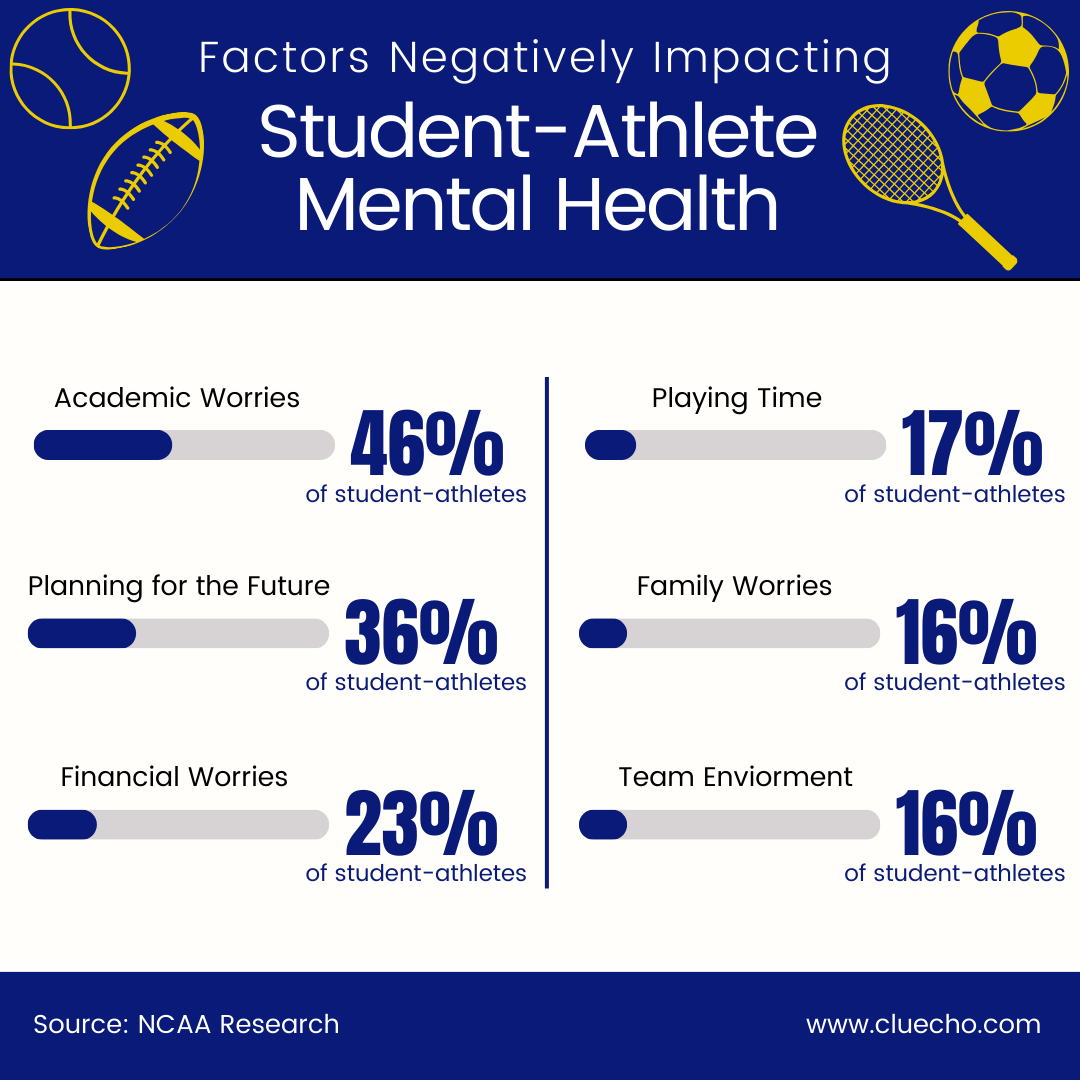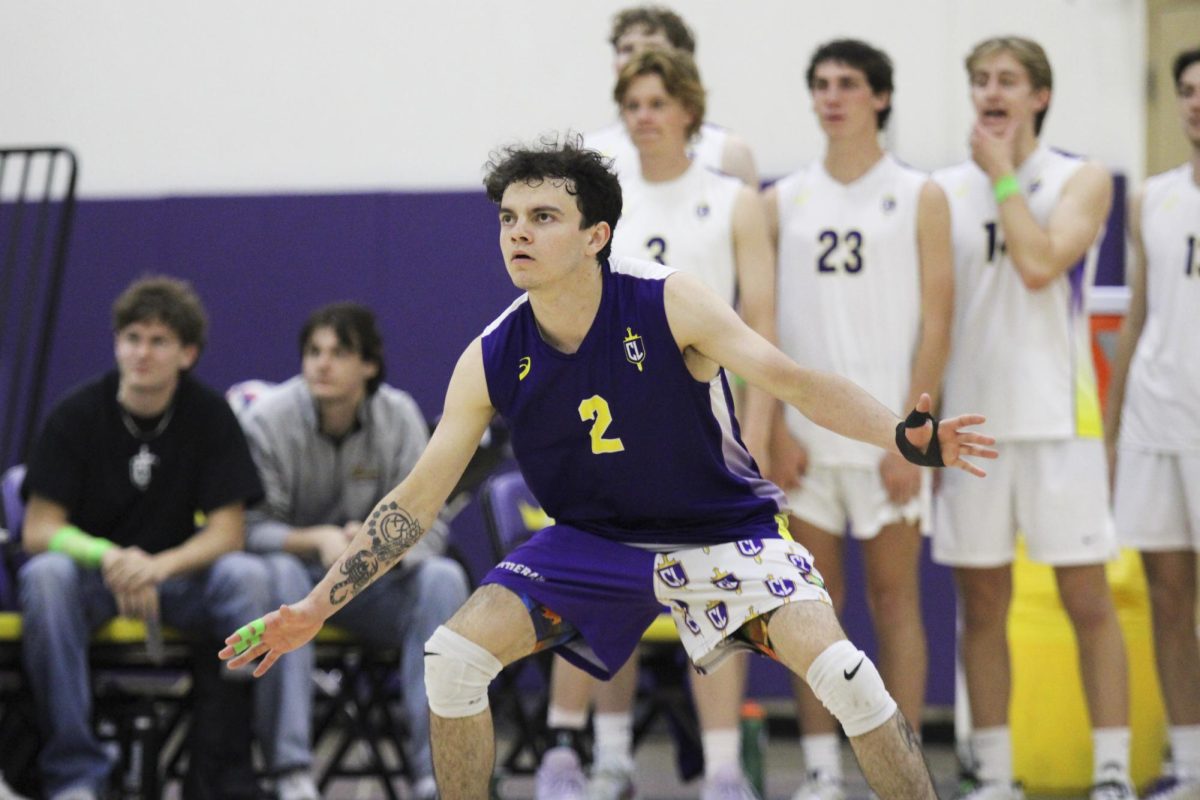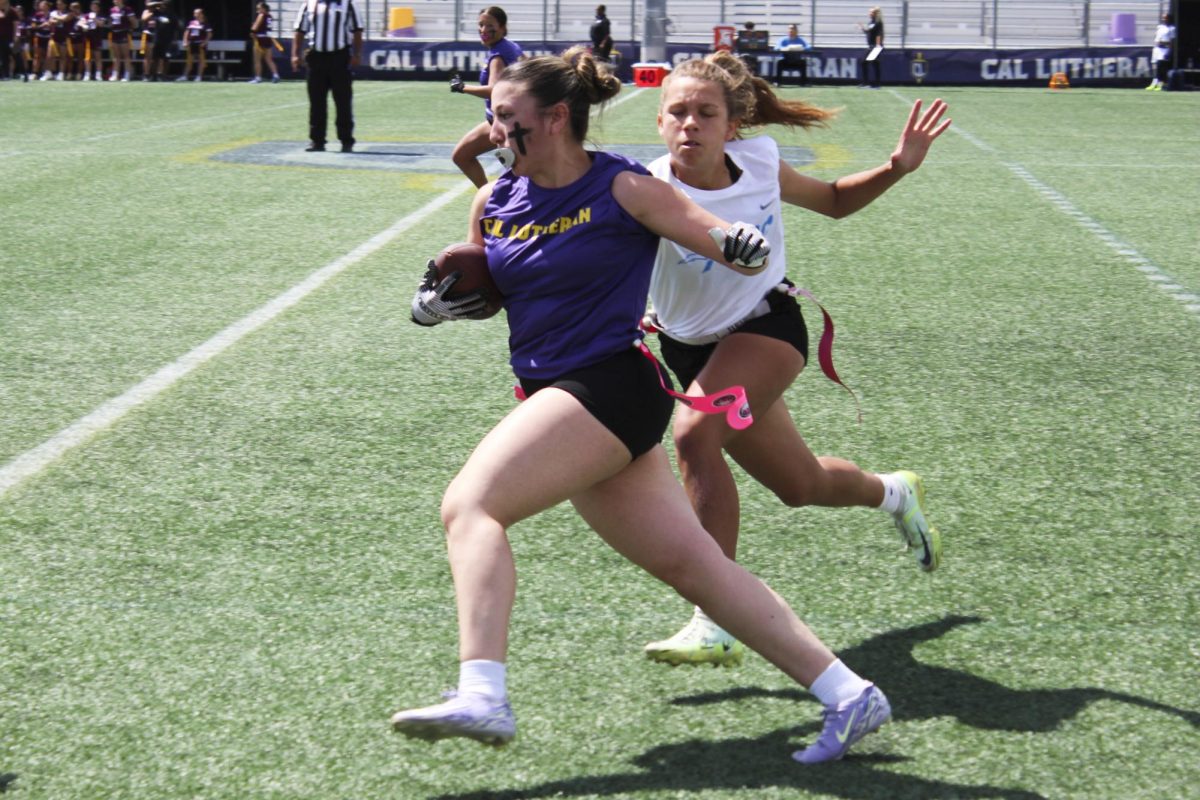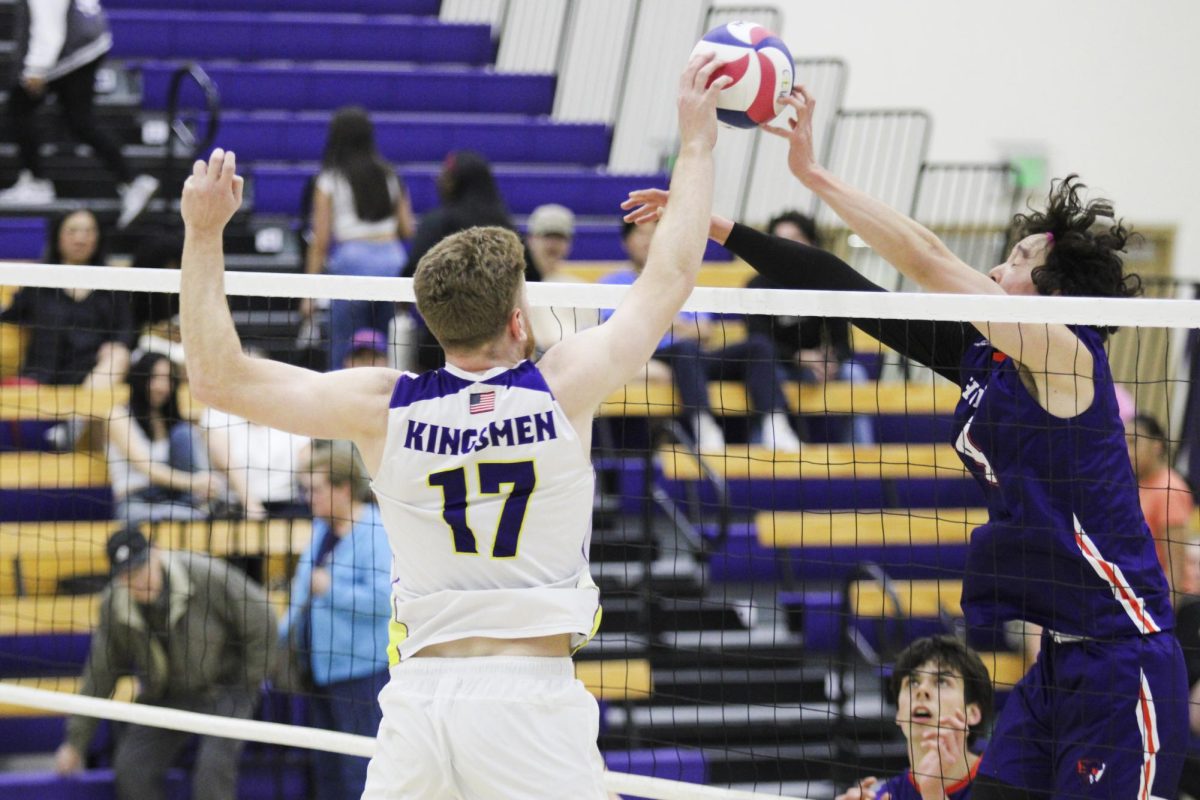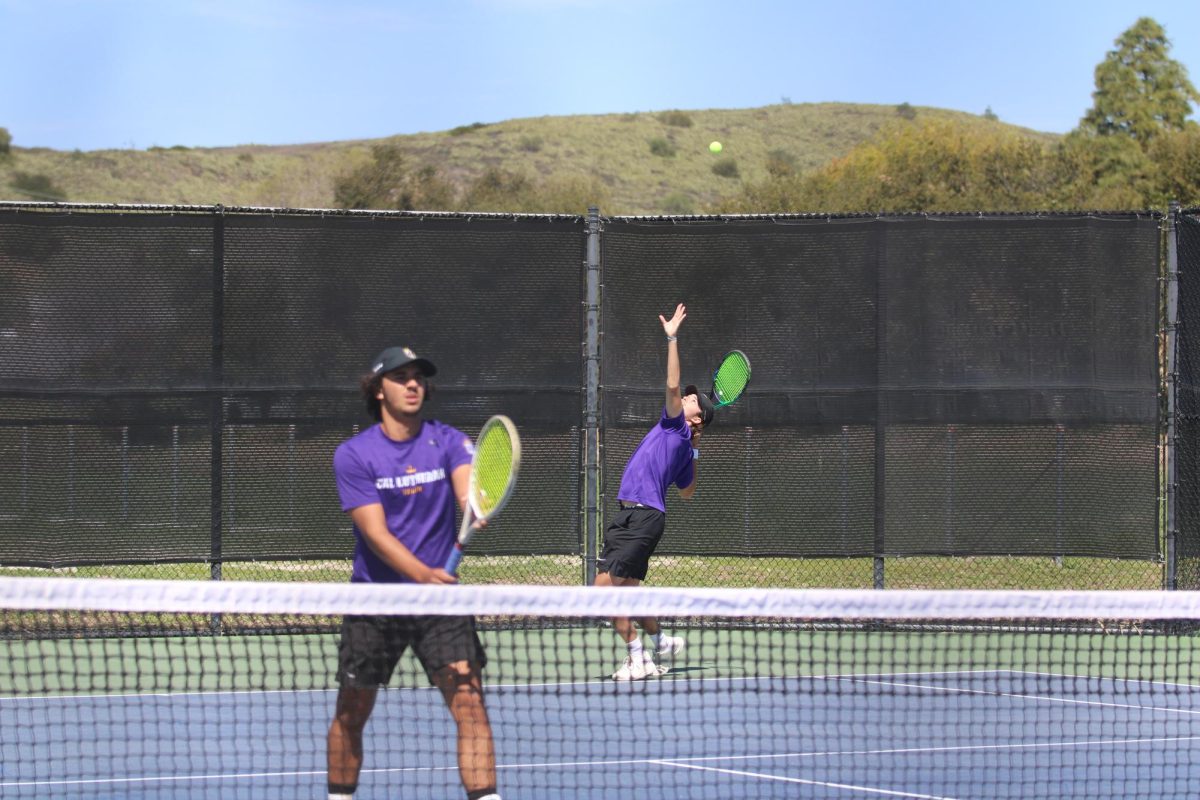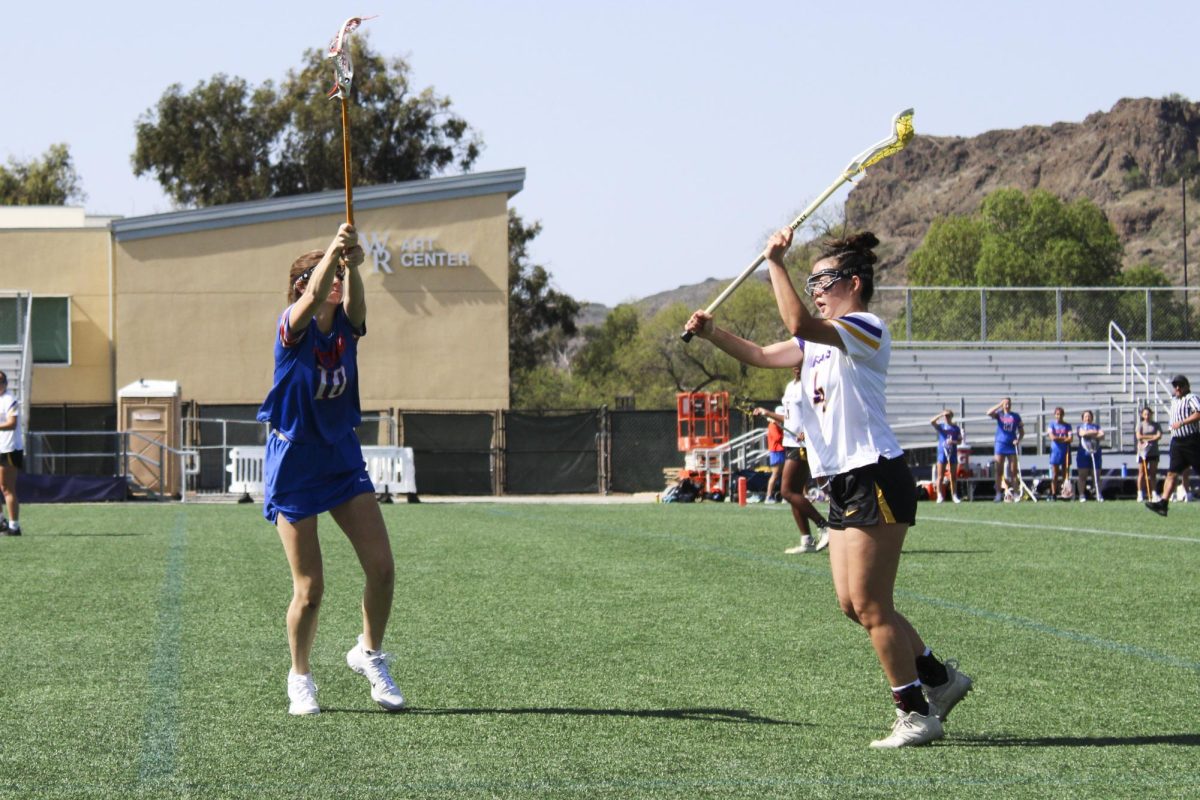California Lutheran University’s Athletics Department along with the Counseling and Psychological Services office provide support, strategies and resources for student-athletes to maintain and care for their mental well-being.
Kecia Davis, director of health, wellness, and performance in Cal Lutheran’s Athletics Department, said the partnership with CAPS is another way for student-athletes to feel supported in all aspects of their athletic careers.
“You’re dealing with stressors. You’re trying to get good grades, you’re trying to get a degree, you’re trying to think about what you’re going to do with your career,” Davis said. “You’re trying to be sure you’re getting playing time as well as juggling your classwork, your family, your relationships, and everything else.”
Jackson White, senior defensive linebacker for the Cal Lutheran Kingsmen Football Team said mental health plays a major role in athletic performance and the overall experience as a student-athlete.
“I would say the majority of it is mental,” White said, “Whether that’s in the off-season, working out, honing in on your craft, or whether that’s in-season when you gotta stay focused and locked in.”
Although White said mental health struggles can affect athletes and non-athletes universally, the root causes of those struggles may differ, he said. According to White, many student-athletes experience feelings of self-doubt surrounding their athletic performance abilities, and the pressure of expectations can become difficult to manage.
“You have to keep yourself focused on the task at hand, you wanna block out all the noise,” White said. “It’s so hard because you’re hearing this about the other team, you’re hearing this about your team, depending on how things are going during the season.”
White said maintaining your mental well-being is just as important as any other kind of physical athletic training, and when incorporated, it can give an athlete all the tools they need to be successful in their sport.
“It’s the same thing. You go lift your weights, and when you’re done with that do your mental work,” White said. “You’re working out your muscles, but you gotta work out your mind.”
Head Men’s and Women’s Tennis Coach Mike Gennette said exercise and athletics are very important to maintaining one’s holistic well-being, and factors such as sleep, diet, and monitoring fatigue can greatly impact an athlete’s mental health. In addition, Gennette said coaches and administrators in the Athletics Department can implement strategies for student-athletes to use in part of maintaining their mental well-being.
“I try to implement things that I’ve learned into my coaching,” Gennette said. “Things like relaxation techniques, breathing techniques, and how to maintain focus and not be distracted.”
Gennette said these practices can be used in other areas of life, and not just athletics. White said benefits from therapy, practicing mental wellness habits, and devoting time to faith practices have been beneficial both on and off the field.
White said also checking in on teammates can not only help increase team morale but also make players who may be struggling feel less alone.
While injuries are not unique to participating in athletics, Davis said there is a unique set of challenges for student-athletes that come with getting injured.
“For athletes, it’s always in the back of your mind,” Davis said. “Playing sports at any level, there’s an inherent risk of being injured. That’s the nature of playing collegiate sports. When it happens, we’re gonna do everything we possibly can to take care of that injury.”
Gennette said he has seen how injuries have affected more than just a student-athlete’s physical health, both throughout the recovery process and return to play. He said it can deeply affect an athlete’s sense of identity, especially considering how much time, effort, and resources student-athletes pour into their collegiate athletic career.
“Everybody always asks an athlete, ‘How’s tennis going?’ ‘How’s the team?’ and if you’re not a part of that anymore, there’s a big void,” Gennette said.
Gennette said keeping injured players involved in team activities is an important way to bolster their morale and keep them interested in the sport. Davis said trainers work with injured athletes on what they still can do during recovery, as well as treating the injury itself.
In addition to teammate support, faculty support, and general counseling services for students, the CAPS office is currently holding drop-in hours for student-athletes to speak with Staff Clinician Ricardo Cornejo about mental health struggles, according to an Instagram post from @clu_caps.
The Campus Awareness, Referral, and Education team is also available for students to submit an anonymous report on behalf of students who may be experiencing mental health struggles.
The resources provided speak to a change in the overall conversation of mental wellness as it relates to athletics, which Gennette said is a positive shift, especially considering the state of mental health on a large scale perspective.
“The rates of suicide and other things is so much higher than it’s even been,” Gennette said. “It’s important for all of us to keep an eye out on each other, and know that there is an organization at Cal Lutheran that’s available to talk to.”

